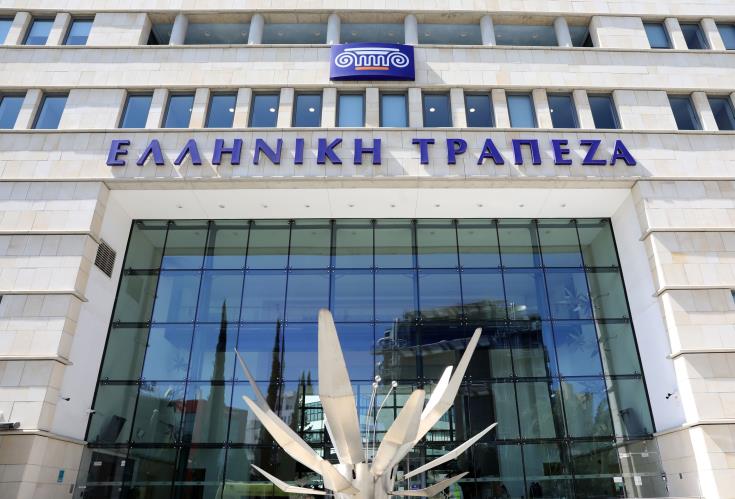Automaker Sales Under Pressure Amid Market Weakness
In a recent turn of events, the European automotive industry is experiencing a notable revenue decline as leading car manufacturers Volkswagen, Mercedes-Benz, and Stellantis report lower sales in the first quarter. The dip in car sales comes amidst the anticipation of new model launches, rising operational costs, and a palpable market weakness due to persistently high interest rates.
This downturn has not gone unnoticed by investors, with notable impacts on stock prices. Mercedes-Benz shares saw a 4.4 percent decrease, while Stellantis and Volkswagen stocks fell by 4 percent and 2.7 percent, respectively. The decline was echoed across the board as these automakers became some of the most significant fallers on the STOXX50E index.
The slump in sales has been indiscriminate, affecting both mass-market and luxury segments. Automakers are striving to maintain stable pricing, despite facing delivery challenges and margin pressures. Moritz Kronenberger from Union Investment, which holds stakes in several of these companies, highlighted the dual concerns of model changeovers and underlying demand issues exacerbated by economic headwinds.
European car giants are not only contending with domestic trials but also with increasing competition abroad, particularly from Chinese manufacturers in the electric vehicle (EV) market. The shift towards EVs has prompted significant investment from traditional automakers to stay competitive against the likes of Tesla and emerging Chinese brands.
Mercedes-Benz CFO Harald Wilhelm acknowledged the first-quarter market weakness, noting that even their high-end vehicles were not immune to the trend. Despite this, Mercedes-Benz is determined to uphold its premium pricing strategy. Javier Gonzalez Lastra from Tema ETFs pointed out that while this approach is crucial for Mercedes’ share price, it also raises the stakes for future performance.
Financial results reflect the industry’s struggles, with Mercedes reporting a 30 percent drop in earnings, Volkswagen a 20 percent fall in operating profit, and Stellantis a 12 percent revenue decline. However, all three automakers remain committed to their 2024 targets, banking on the success of upcoming models.
Stellantis CFO Natalie Knight discussed the company’s proactive measures to manage inventories ahead of new product launches. Meanwhile, Volkswagen reported a late-quarter uptick in orders that may signal improved results in the second quarter. With plans to introduce 30 new models this year, Europe’s largest automaker is optimistic about a rebound in sales.
Despite the current challenges, some investors like Fabio Caldato from AcomeA SGR maintain a positive outlook on certain automakers, including Stellantis, while seeking value in alternative producers within the industry.






